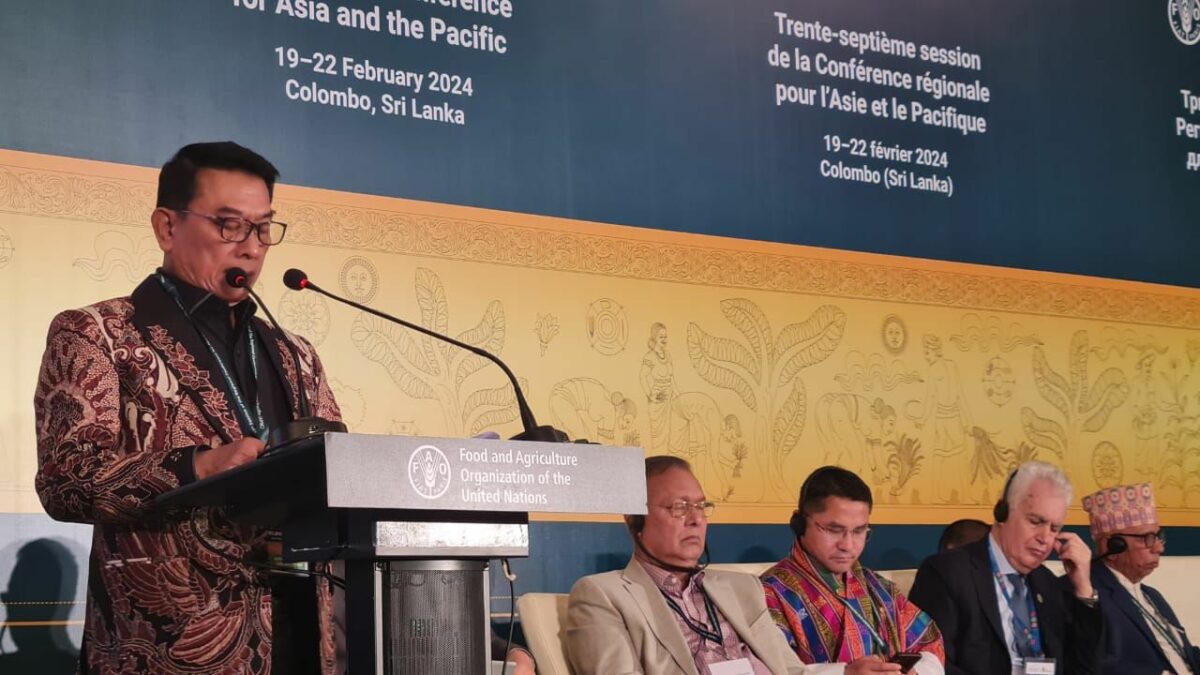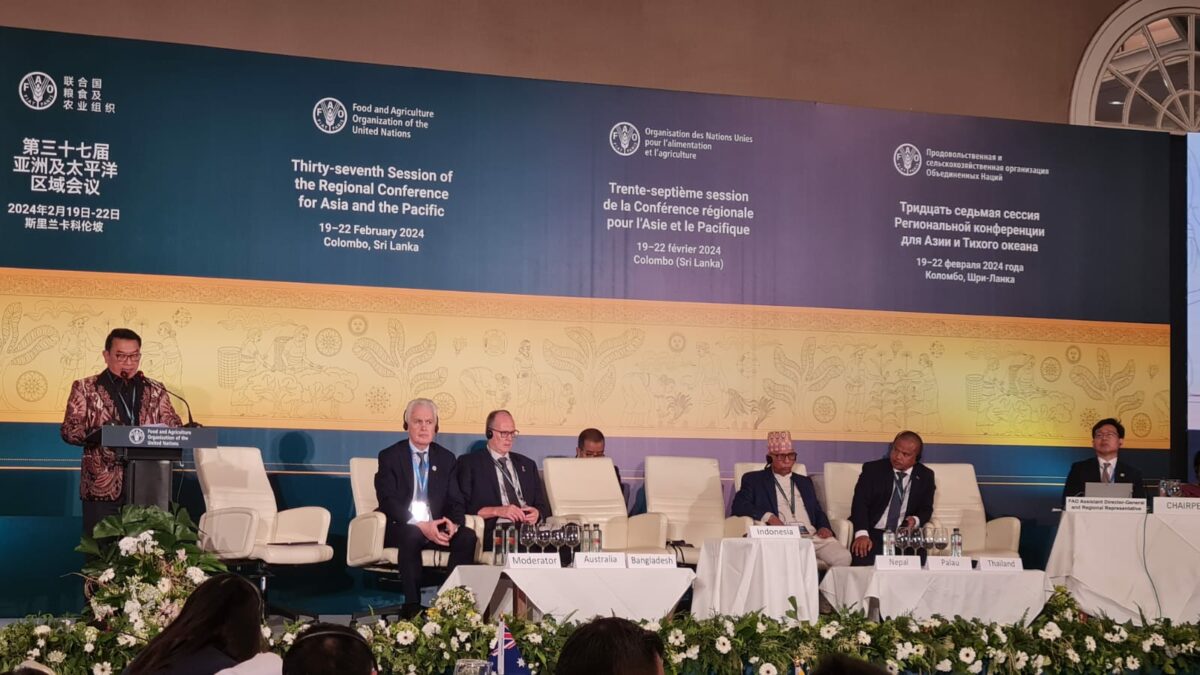Jakarta – The Chief of Staff to the President, General TNI (ret.) Dr. Moeldoko mentioned that Indonesia was still confronted with two big challenges in anticipating becoming a high-income country in 2045. Namely, human resources and employment.
Moeldoko said that the quality of Indonesian human resources is still distant from expectations. This can be seen from the achievements of the Human Resources Index (HCI) and the Human Development Index (HDI). For information, Indonesia’s Human Resources Index (HCI) in 2022 ranked 96th out of 174 countries. Meanwhile, for the Human Development Index (HDI) in 2023, Indonesia ranked 114th out of 189 countries.
“Not to mention that our competitiveness index is still low. We must anticipate this challenge in order to reach the high-income country by year 2045,” said Moeldoko when giving a public lecture at Tarumanegara University (Untar), Jakarta, Tuesday (19/3).
Moeldoko explained that the government had prepared a long-term strategy in preparation to deal with the demographic bonus and global disruption era. Specifically, by investing in the education sector, skills training, health, and preparing innovation infrastructure. “For example, in the education sector, the government has disbursed a very large budget into the KIP and KIP Kuliah programs. Likewise, in the health sector with KIS,” he explained.
Along with employment, he also affirmed that current employment in Indonesia is dealing with two problems. There are, high number of young people (aged 15-24 years) who are not currently studying, working or undergoing training (23.22% in 2022), and a skill mismatch between market needs and the workforce.
The second problem, Moeldoko continued, causes the unemployment rate for high school and diploma graduates to remain high. “Even 5.59% of college graduates are unemployed,” he said.
According to Moeldoko, labor productivity is one of the keys to reach Indonesia Emas 2045. Thus, the government has accelerated the implementation of vocational education and training, strengthening reskilling and upskilling training, conjointly integrating soft skills for the workforce to anticipate disruption. “One implementation is through the pre-employment card program,” he affirmed.
At that moment, Moeldoko emphasized that President Joko Widodo had built the foundation and road map to make Indonesia as a high-income country by 2045. First, human resource development. Second, maintain infrastructure development. Third, regulatory reform through the Job Creation Law. Fourth, bureaucratic reform, and fifth, economic transformation through downstreaming.
“President Jokowi’s five directions are the foundation for bringing Indonesia out of the middle income trap by 2036. Brazil, Mexico and Argentina were example countries who were unable to get out of the middle income trap. Don’t let it happen here, don’t let it happen,” he shouted.




